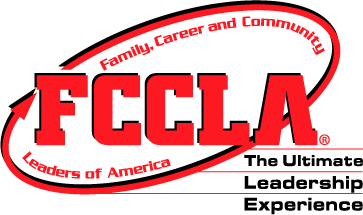By: Donna Corder, National Consultant Team
In 18 days, the Family,
Career and Community Leaders of America National Leadership Conference will
start in Nashville, TN.
There are many opportunities awaiting delegates, competitors, officers,
and ADVISERS.
Advisers may earn up to 1.5 CEU
credits for participating in activities at the National Leadership Conference.
A non-refundable administrative fee of $20 is charged for this service. If you did not register for this opportunity,
you may pay an extra $20 to receive a verification form to complete and
gain credit. You must do this early,
however, as this opportunity will fade away after 3:00 pm on Monday, July
8.
Advisers may earn Professional
Development Units (PDUs) through the American Association of Family and Consumer
Sciences (AAFCS). All participating
individuals certified in Family and Consumer Sciences are responsible for
complying with AAFCS requirements regarding annual reporting.
In addition to the student
activities, there are several opportunities planned specifically for the
advisers. Kicking off the week is the
networking round table event. Local
advisers from all over the nation will be sharing their expertise in several
different areas like STAR Events, chapter management and fundraising. Come join the fun as you network with others
and learn how to create a stronger and harmonious chapter.
On Monday and Tuesday, there will
be several different Adviser Professional Learning (APL) sessions led by the
National Consultant Team so plan to attend one of the following:
·
FCCLA 101
·
Three Part Harmony
·
Money, Money, Money
·
Batter Up! Creating a Successful STAR Event Team
·
Optional to Essential
Great compositions need a strong
ending and we will be completing ours with the Adviser Recognition Session on
Wednesday, July 10. Students need to be recognized for their successes and so
do advisers. Bringing to a close this
fabulous event will be our special guest speaker, Dr. Lindsey Shirley, teacher
educator from Utah State.
The National FCCLA Leadership Conference holds many
opportunities, not only for the student members, but also for the
advisers. Come join the symphony of
opportunities and “Discover Your Voice” along the way.






